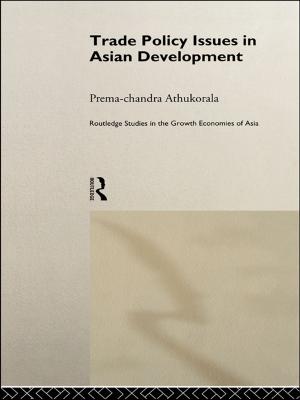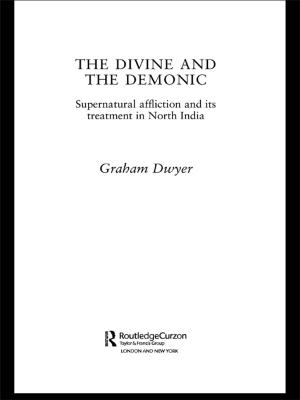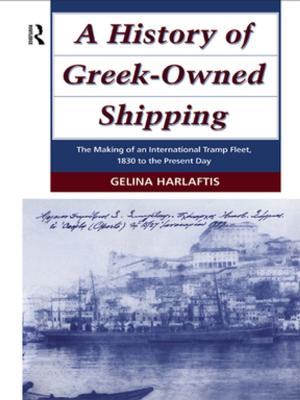Imperial Spheres and the Adriatic
Byzantium, the Carolingians and the Treaty of Aachen (812)
Nonfiction, History, Eastern Europe, Medieval| Author: | ISBN: | 9781351614290 | |
| Publisher: | Taylor and Francis | Publication: | September 13, 2017 |
| Imprint: | Routledge | Language: | English |
| Author: | |
| ISBN: | 9781351614290 |
| Publisher: | Taylor and Francis |
| Publication: | September 13, 2017 |
| Imprint: | Routledge |
| Language: | English |
Although often mentioned in textbooks about the Carolingian and Byzantine empires, the Treaty of Aachen has not received much close attention. This volume attempts not just to fill the gap, but to view the episode through both micro- and macro-lenses. Introductory chapters review the state of relations between Byzantium and the Frankish realm in the eighth and early ninth centuries, crises facing Byzantine emperors much closer to home, and the relevance of the Bulgarian problem to affairs on the Adriatic. Dalmatia’s coastal towns and the populations of the interior receive extensive attention, including the region’s ecclesiastical history and cultural affiliations. So do the local politics of Dalmatia, Venice and the Carolingian marches, and their interaction with the Byzantino-Frankish confrontation. The dynamics of the Franks’ relations with the Avars are analysed and, here too, the three-way play among the two empires and ‘in-between’ parties is a theme. Archaeological indications of the Franks’ presence are collated with what the literary sources reveal about local elites’ aspirations. The economic dimension to the Byzantino-Frankish competition for Venice is fully explored, a special feature of the volume being archaeological evidence for a resurgence of trade between the Upper Adriatic and the Eastern Mediterranean from the second half of the eighth century onwards.
Although often mentioned in textbooks about the Carolingian and Byzantine empires, the Treaty of Aachen has not received much close attention. This volume attempts not just to fill the gap, but to view the episode through both micro- and macro-lenses. Introductory chapters review the state of relations between Byzantium and the Frankish realm in the eighth and early ninth centuries, crises facing Byzantine emperors much closer to home, and the relevance of the Bulgarian problem to affairs on the Adriatic. Dalmatia’s coastal towns and the populations of the interior receive extensive attention, including the region’s ecclesiastical history and cultural affiliations. So do the local politics of Dalmatia, Venice and the Carolingian marches, and their interaction with the Byzantino-Frankish confrontation. The dynamics of the Franks’ relations with the Avars are analysed and, here too, the three-way play among the two empires and ‘in-between’ parties is a theme. Archaeological indications of the Franks’ presence are collated with what the literary sources reveal about local elites’ aspirations. The economic dimension to the Byzantino-Frankish competition for Venice is fully explored, a special feature of the volume being archaeological evidence for a resurgence of trade between the Upper Adriatic and the Eastern Mediterranean from the second half of the eighth century onwards.















